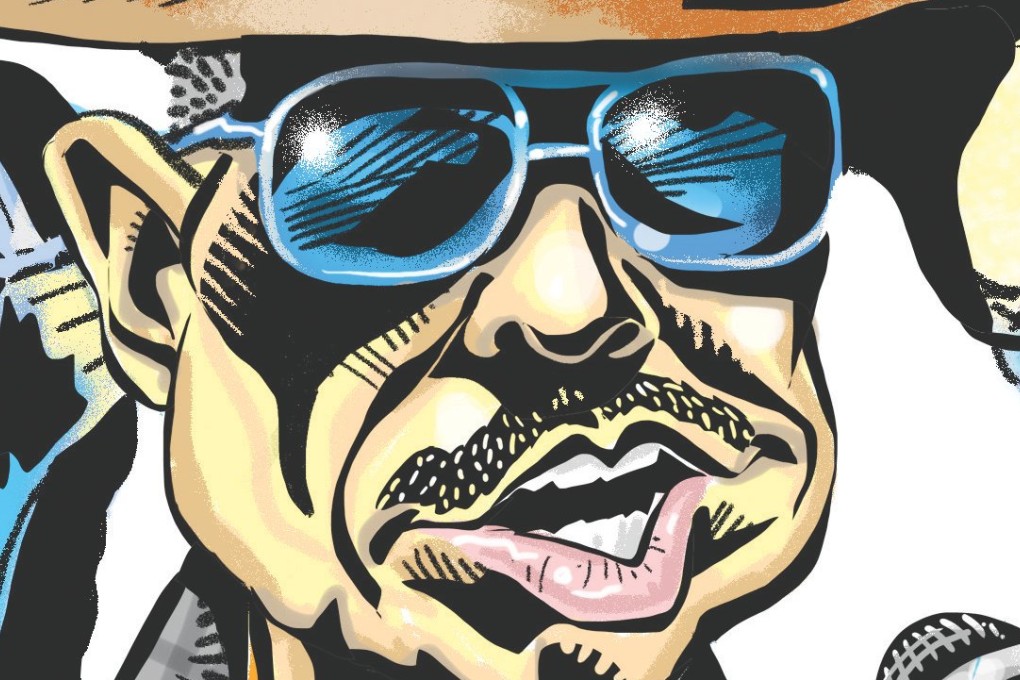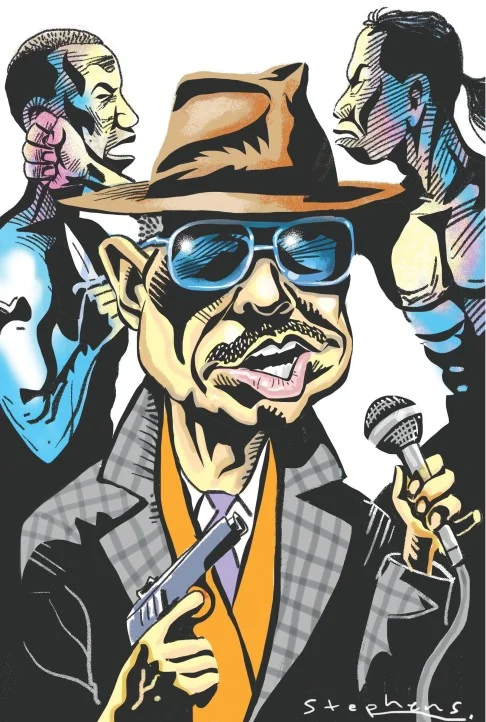This Japanese yakuza boss was due to retire - but now finds himself in middle of turf war that could turn bloody


It is in sharp contrast with the wound Tsukasa has just inflicted on the largest yakuza group in Japan, a wound that is still raw and, it is feared, will lead to a new bout of blood-letting as rival splinter groups and factions jostle for power, territory and, ultimately, money.
The threat to public security posed by Tsukasa's punishment earlier this month of 13 of the 72 regional gangs that swear allegiance to the head of the Yamaguchi-gumi - including the complete excommunication of five subsidiaries - is considered sufficiently serious that the National Police Agency has warned regional forces to be on their guard against any outbreak of violence.
The police have vivid memories of the last time the Yamaguchi-gumi went to war with itself: in 1984, when another split led to a three-year bout of violence that left 25 dead, including a police officer, and 70 more injured in a series of incidents across the country. The injured included bystanders who happened to be in the wrong place when the shooting broke out.
This new division, which will inevitably weaken the Yamaguchi-gumi organisation and potentially pit members and former members against each other in a civil war for the choicest criminal endeavours, is not how the organisation would have chosen to celebrate 100 years of operations. But the trade of gangsterism is not one that Kenichi Shinoda - Tsukasa's original name - first aspired to.